Fitbit should drop the Versa 5; here's why
The existing Versa 4 is already in no man's land, and we don't need a new one.
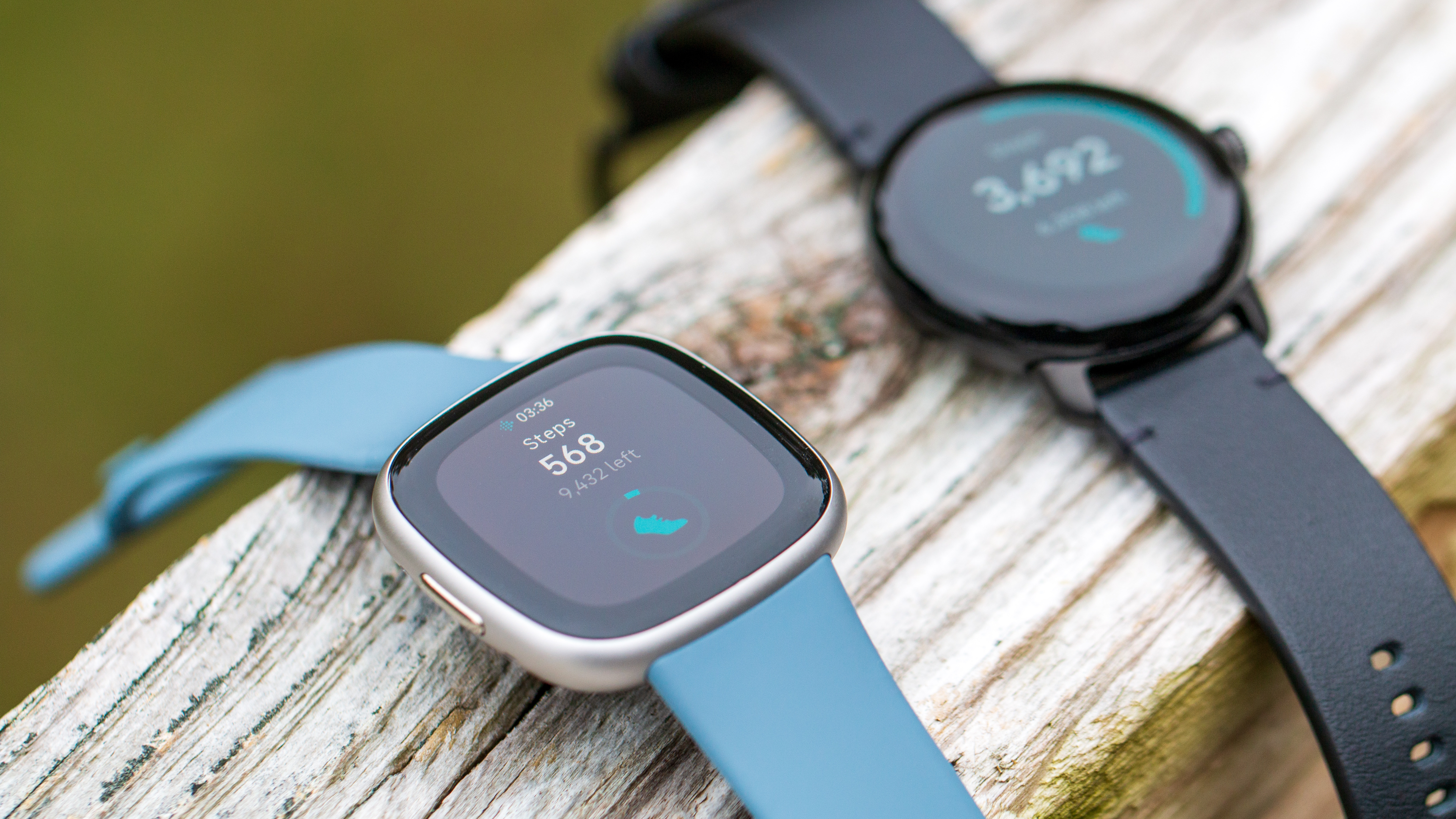
Get the latest news from Android Central, your trusted companion in the world of Android
You are now subscribed
Your newsletter sign-up was successful
Now that the dust has settled on new smartwatches being released, we've been wondering what the next wave will look like. Fitbit hasn't updated its Sense or Versa wearables in over a year, so it won't come as much of a surprise if those are on the horizon for 2024. However, I think it's time for Google and Fitbit to go back to the drawing board, at least in regards to a potential Fitbit Versa 5 release.
Recently, Fitbit quietly stopped selling its products in almost 30 different countries in an effort to align its "hardware portfolio to map closer to Pixel's regional availability." I agree with my colleague's sentiment that this "makes sense," but I think Google and Fitbit should go even further.
When I reviewed the Fitbit Versa 4, I noted that while it's still a great fitness tracker, the Versa is easily overshadowed by both the Sense 2 and Pixel Watch. This continues to be the case as we near the end of 2023, despite the fact that we don't have an updated version of the Sense.
I'm not sure that the "writing is on the wall" for Google to phase out Fitbit completely just yet. However, even if that's the plan for the long-term, the short-term goal should be to just get rid of the Versa lineup altogether.
A storied history
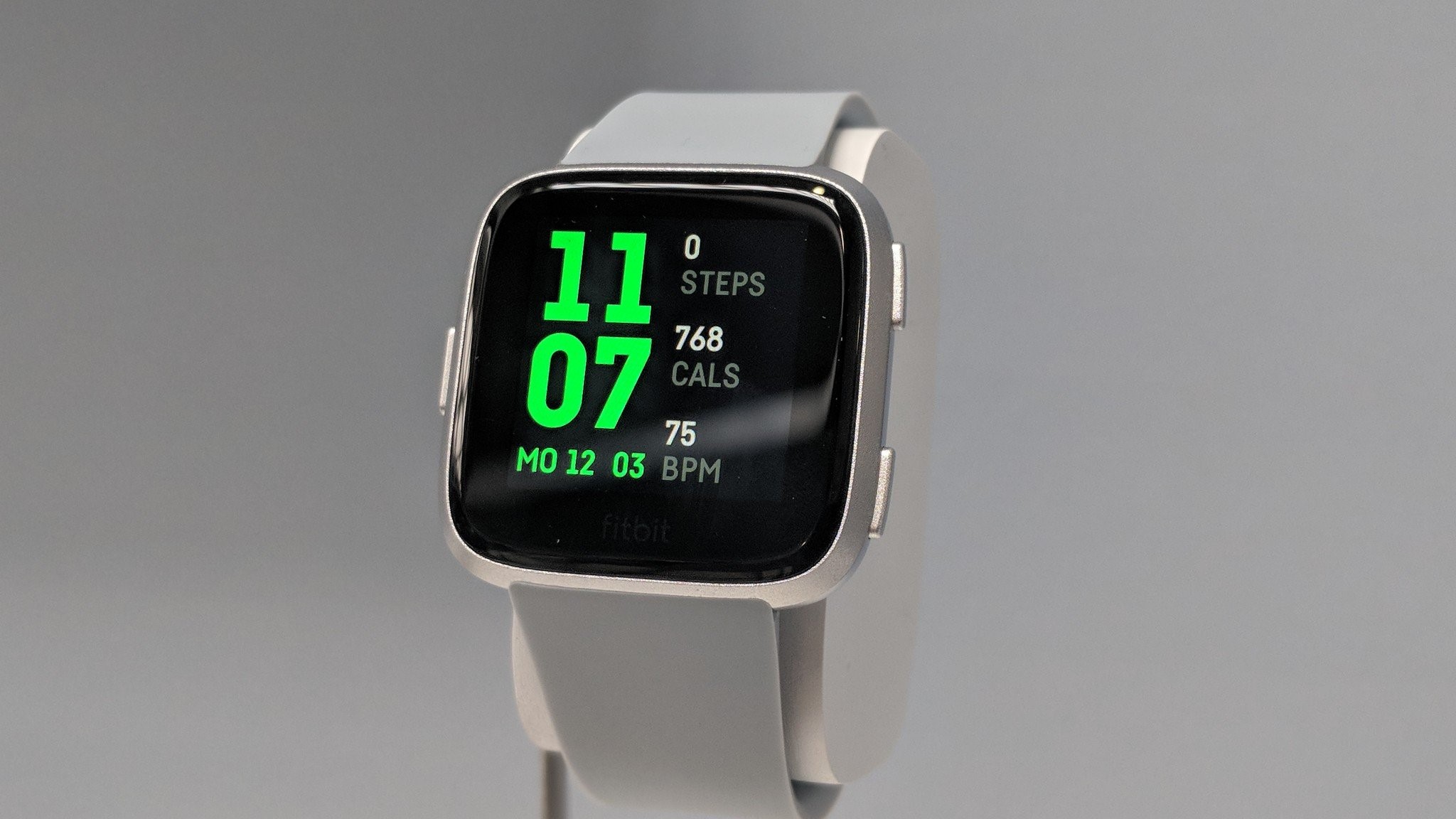
When it was released in 2018, the original Fitbit Versa marked a step in a different direction for Fitbit. The Versa replaced the Blaze and offered many of the same features of the Ionic without you needing to worry about your wrists getting burned.
What really set the tone for the Versa was that Fitbit offered three different variants, including a less-expensive Lite Edition and a "Special Edition." On top of that, it had a "more friendly" design compared to the Ionic, clearly drawing some inspiration from the ultra-popular Apple Watch. And, if you opted for the Special Edition model, you could take advantage of Fitbit Pay, as the built-in NFC chip wasn't made available until the Versa 2.
Fast forward to 2020, and the Versa 3 introduced onboard GPS, along with an Always On Display, all while offering six days of battery life. However, it was also at this time that the original Fitbit Sense was released, taking everything that was great about the Versa and supercharging it.
Get the latest news from Android Central, your trusted companion in the world of Android
First it was the Sense, now it's the Charge
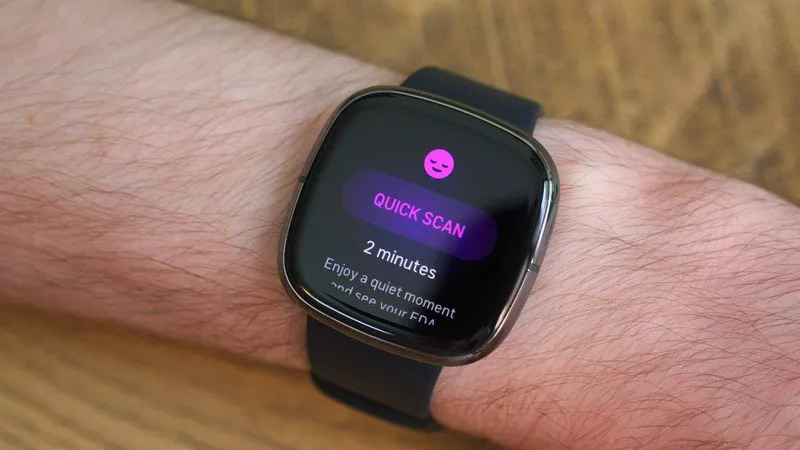
The original Fitbit Sense offered pretty much all of the same features as the Versa, even down to many of the same health-tracking sensors. However, the Sense added an optical heart rate sensor, skin temperature, and the ability to monitor your ECG. Not to mention, it had customizable widgets, along with being able to use either Amazon Alexa or Google Assistant, something that wasn't previously possible.
At least back then, there was an argument to be made that you didn't need to get the Sense over the Versa 3, thanks to the $100 price difference. This same argument rang true following the Versa 4 and Sense 2 launch, but mainly due to the fact that Google and/or Fitbit opted to remove various features, such as third-party app support and offline music listening.
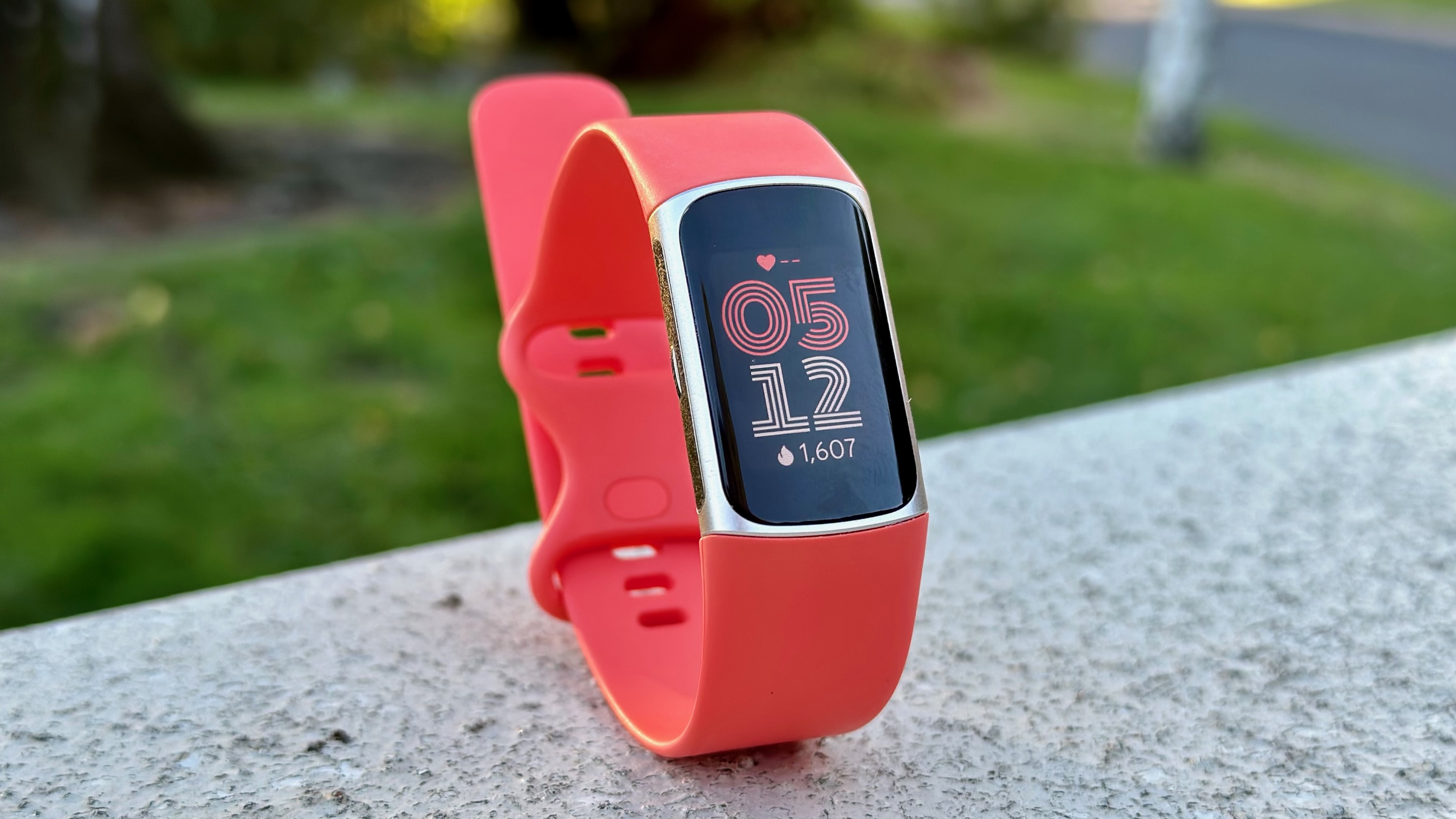
Following the launch of the Fitbit Charge 6, the Versa moves even further down the pecking order. Not only is the Charge 6 less expensive ($160 vs. $230), but it has the benefit of improved sensors, in addition to being able to track your ECG. Really, the only thing that the Charge 6 doesn't have that the Versa 4 does is the ability to track the number of floors you climb throughout the day.
It's not a bad thing to say goodbye
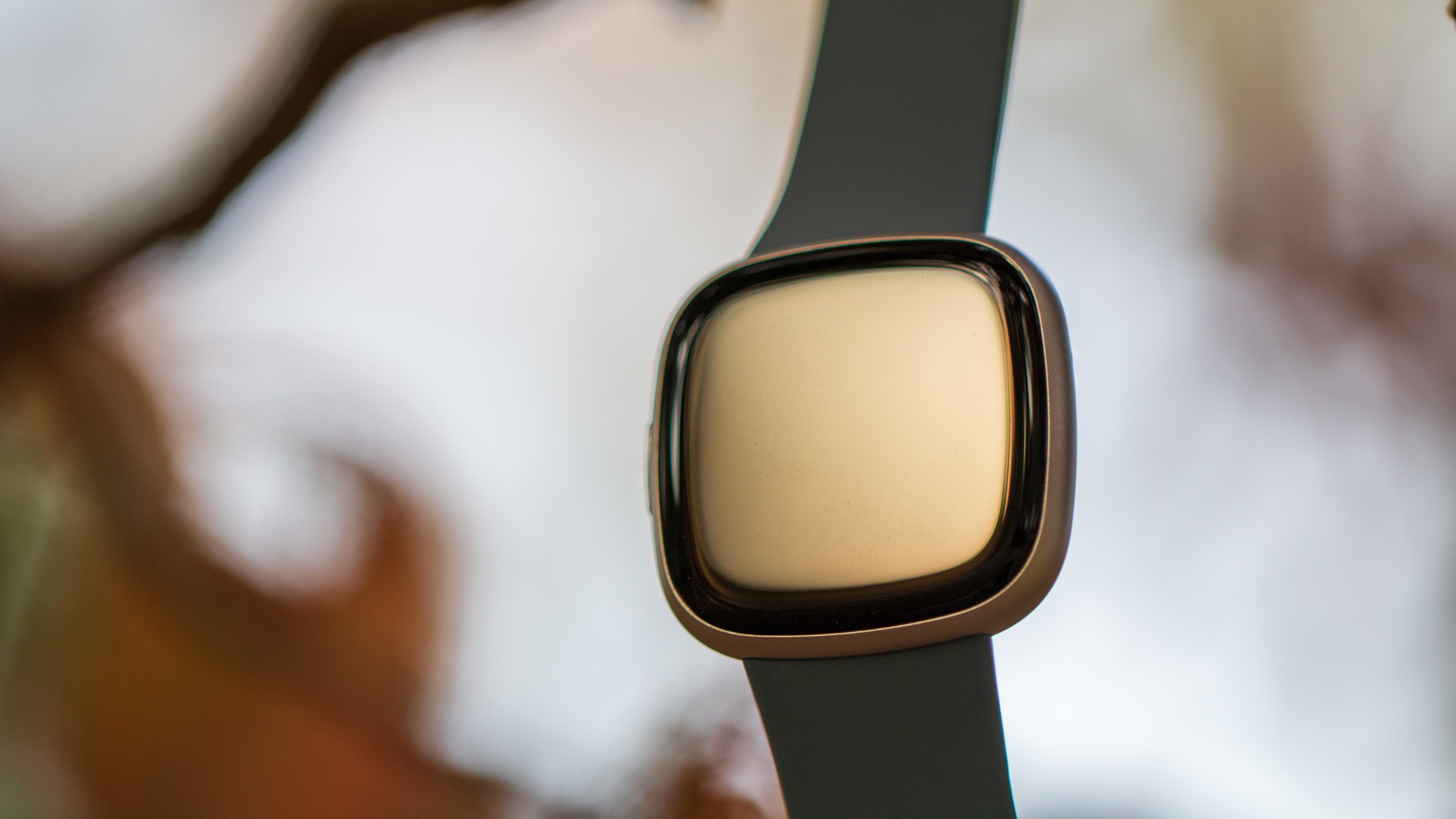
If you take a step back and look at the current Fitbit/Google wearable lineup, it becomes immediately obvious what the next move should be.
| Wearable | Price |
|---|---|
| Google Pixel Watch 2 | $349.99 |
| Fitbit Sense 2 | $299.95 |
| Google Pixel Watch | $279.99 |
| Ftibit Versa 4 | $229.95 |
| Fitbit Charge 6 | $159.95 |
| Fitbit Luxe | $129.95 |
| Fitbit Inspire 3 | $99.95 |
Let alone the fact that the original Pixel Watch is still hanging around, just at a lower price point; it's probably time to ditch the Versa entirely. Especially when the Charge 6, for $70 less, can do everything the Versa 4 can, just on a smaller screen. Meanwhile, the Pixel Watch is $50 more and offers a much better overall experience thanks to Wear OS 4.
For the time being, I suspect that Google is keeping the Versa 4 around just to hit a certain price point. I'm also sure that there are some that want a larger screen without paying more than what the Versa 4 costs. But the reality is that there's not really any place in the lineup for this wearable.
Despite what Google's website says, calling the Versa 4 a "smartwatch" is a stretch. It's really just a glorified fitness tracker with a larger screen and is now worse than the best fitness tracker.

Andrew Myrick is a Senior Editor at Android Central. He enjoys everything to do with technology, including tablets, smartphones, and everything in between. Perhaps his favorite past-time is collecting different headphones, even if they all end up in the same drawer.
